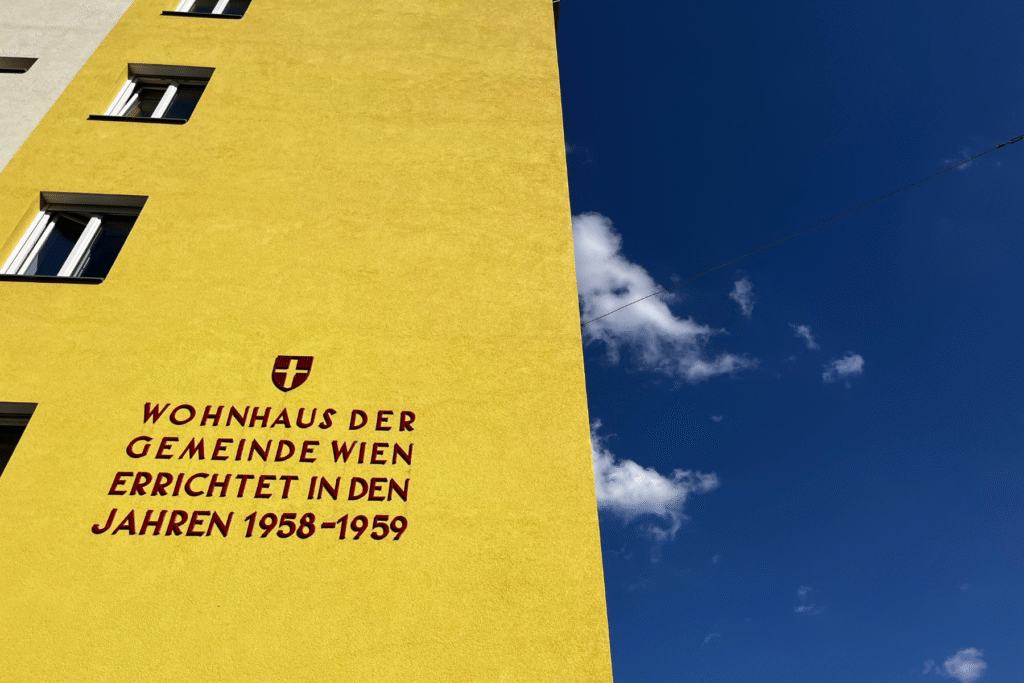
Austria’s residential real estate market is showing signs of stabilization, according to the new “Property Index” from consulting firm Deloitte: In 2024, the average asking price for privately financed new-build apartments was €5,053 per square meter. In a European comparison, Austria ranks third behind Luxembourg (€8,760) and the United Kingdom (€5,203); when Israel (€6,131) is included, Austria moves to fourth place.
Compared to 2023, average new-build prices in Austria rose by 2.7 percent. Deloitte describes this as a “stabilization at a high level,” supported by inflation-driven construction costs and subdued building activity, while real income growth and a looser monetary policy have recently improved affordability.
Vienna more affordable among major cities
In Vienna, the price per square meter for new construction is €6,432, more than a quarter above the Austrian average. However, in a city comparison, the capital remains well below Luxembourg City (€11,074), Munich (€10,800), or Paris (€10,760). Linz averages €4,579 per square meter, Graz €3,838.
When it comes to existing rental prices, the study confirms Vienna’s reputation as a tenant-friendly city: While in Luxembourg, Paris, or Dublin tenants can expect more than €40 per square meter, the average in Vienna is just €10.80.
“The reasons for Vienna’s low average rents in the existing housing market are varied,” explains Gabriele Etzl, partner and real estate expert at Deloitte Legal. “In addition to social housing, capped rents in older buildings and generally tenant-friendly tenancy laws play a major role. By contrast, in privately financed new construction and with new rental contracts, prices are higher than this average. The combination of limited housing supply and increasing demand for rental units makes finding an apartment increasingly difficult. Accelerated new construction is therefore necessary to prevent shortages.”
Fewer building permits and declining completions are meeting rising demand in urban areas. This is slowing transactions but supporting prices in the new-build segment. Across Europe, Deloitte recorded a slowdown in construction activity in 2024.
Mortgage regulation slowed lending
The KIM regulation, in force until June 30, 2025 (requiring, among other things, 20% equity, a 40% debt service limit, and a maximum loan term of 35 years), has significantly slowed mortgage lending. Toward the end of 2024 and beginning of 2025, however, sentiment improved with the prospect of lower key interest rates. Prices for existing housing stabilized, while new-build prices remained largely stable.
“Residential real estate remains a sought-after asset class,” Deloitte notes: In cities and metropolitan areas, demand remains high, while the decline in new construction could, in the medium term, lead to further shortages and rising prices in the new-build segment.

